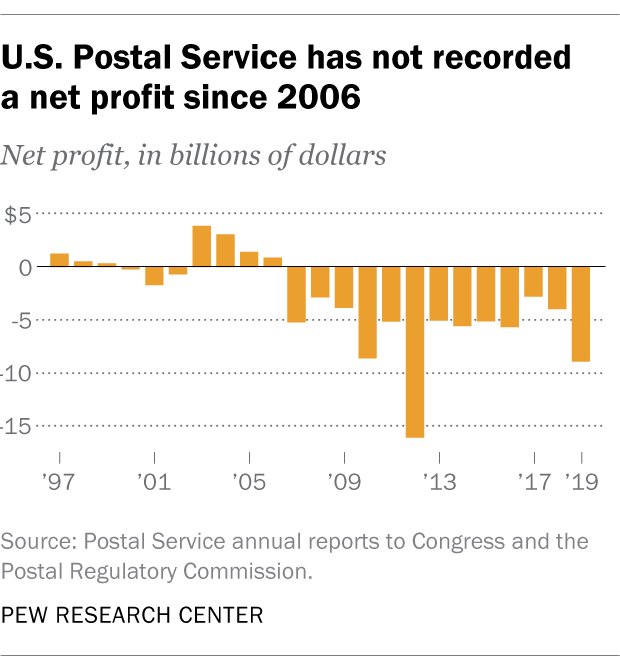

(But) I don't see them developing autonomy. "I think robots will clean our rooms," he said. Hal Varian, a UC Berkeley professor and an adviser for Google, was among the 54 percent who disagreed. In another scenario, Janna Quitney Anderson, an assistant professor at Elon and the author of the study, suggested that technology could advance so quickly that people would not realize they had lost control until it was too late.

Most were optimistic, though they expressed concerns that corporations and government policies could stifle progress. In one, they discussed whether a worldwide network could become interoperable and cheap, as well as whether the Internet could pave the way for a flat economy, so that all countries could be connected and improve trade and communications. They were given seven scenarios, asked to agree or disagree, and offer their reasons. The online survey received responses from such high-tech thinkers as Paul Saffo, a fellow at Palo Alto's Institute for the Future Paul Craven, the Department of Labor's director of enterprise communications Gordon Bell, a senior researcher at Microsoft and Tunji Lardner, chief executive for a West African non-governmental organization network and a consultant for the World Bank and the United Nations. But the question is: how much further will these trends go? Nowadays, Internet users can use instant messages to connect with a customer service representative, or buy, sell and rent virtual homes in online worlds such as Second Life. The report, which comes after a similar survey on the future of the Internet in 2004, reflects how the Internet has dramatically reshaped the way people interact, as more and more people connect to high-speed Internet services. "But they were much more divided on the impact of technology advances."

"There's a consensus on the direction of technology, that the Internet is going to improve and reach more people," said Lee Rainie, the executive director of the Pew Internet & American Life Project. And 42 percent fear that humans could lose control of technology, potentially in much the same manner as in the movie "The Matrix." But the experts disagree on how the Internet might influence our lives: Of the 742 respondents, 58 percent are concerned that "refuseniks" could become disenchanted with technology and commit terrorist acts against it.


 0 kommentar(er)
0 kommentar(er)
